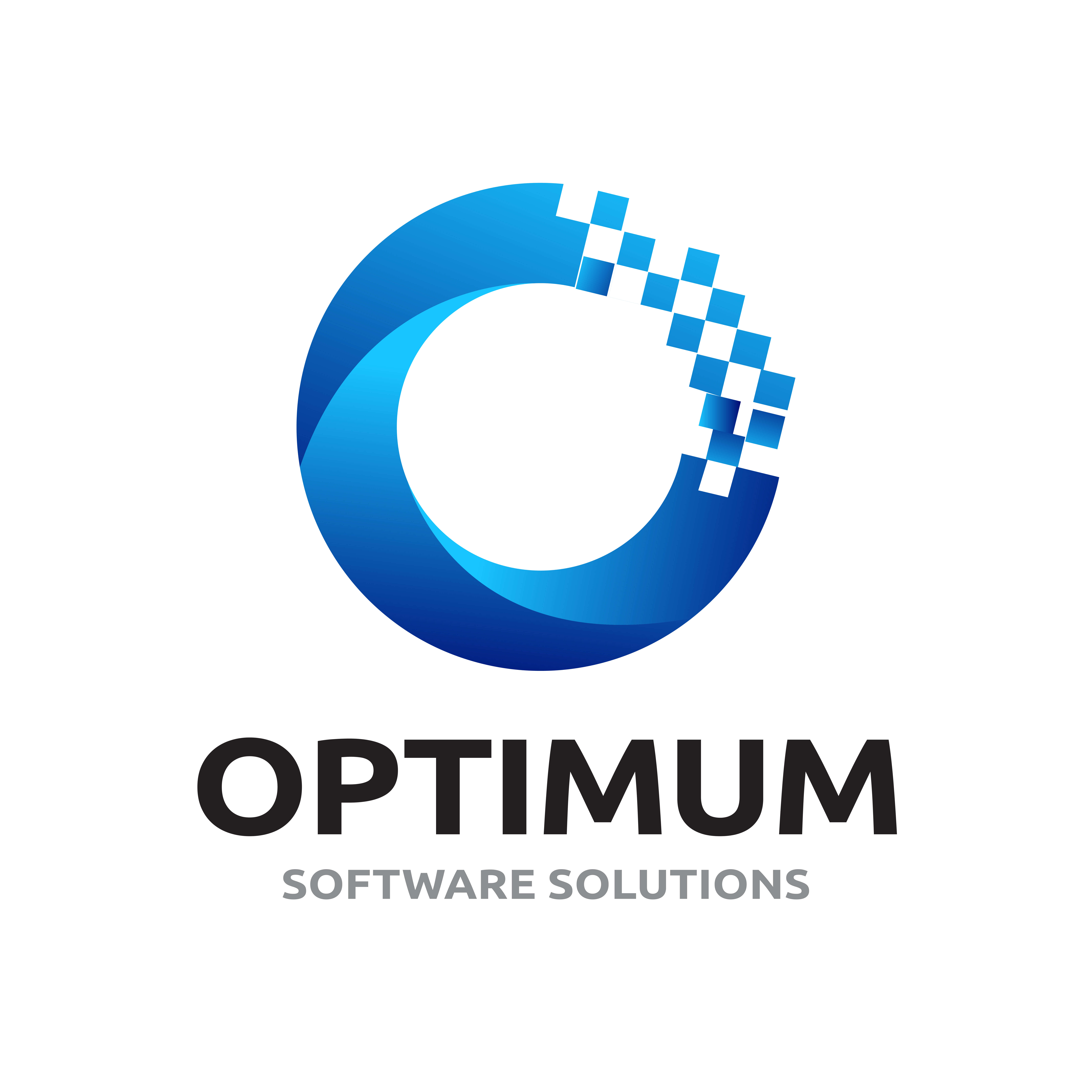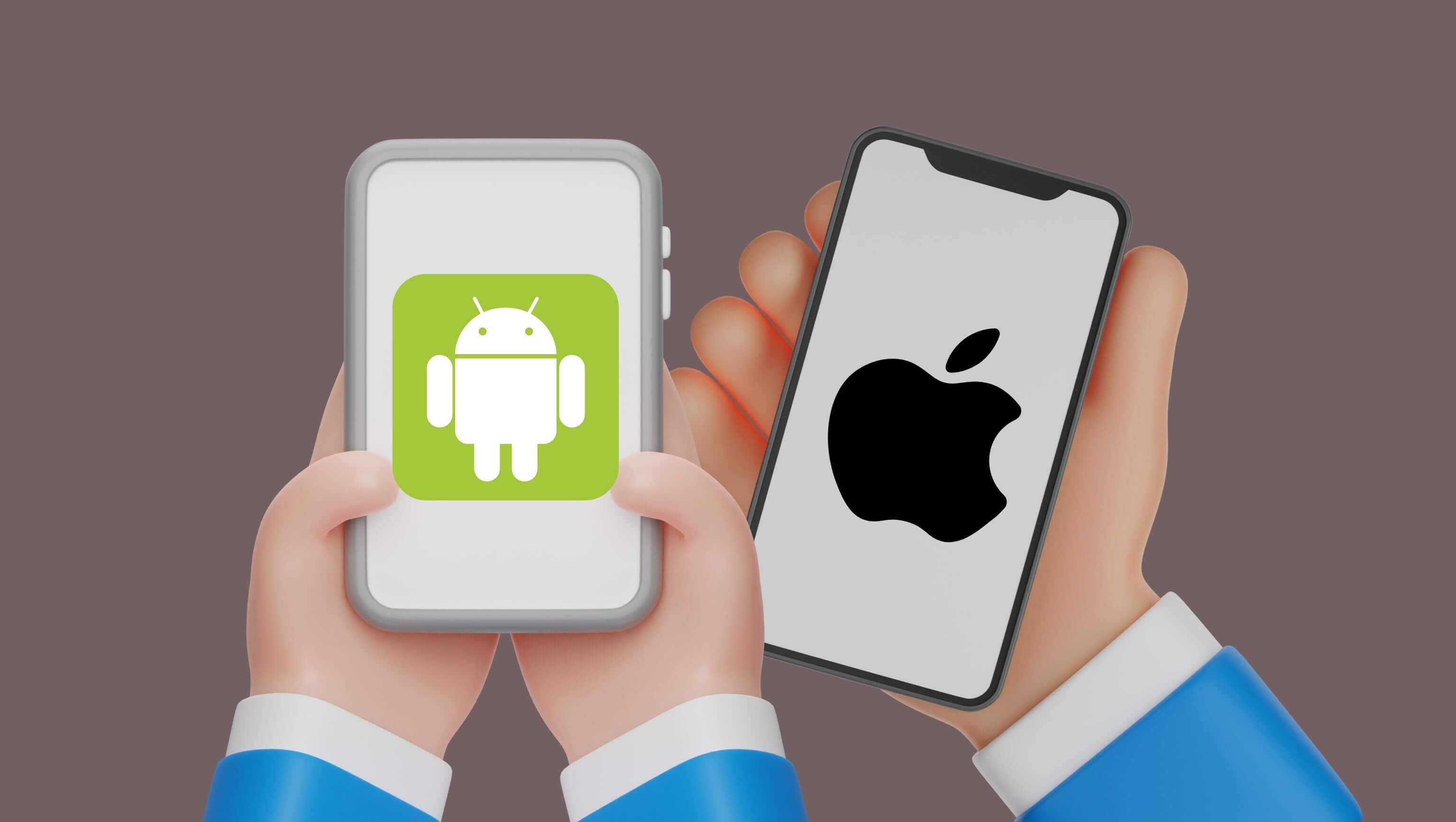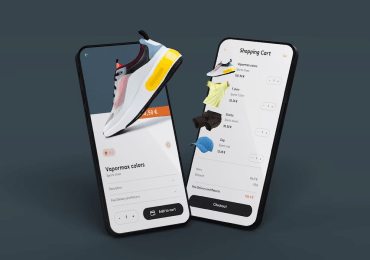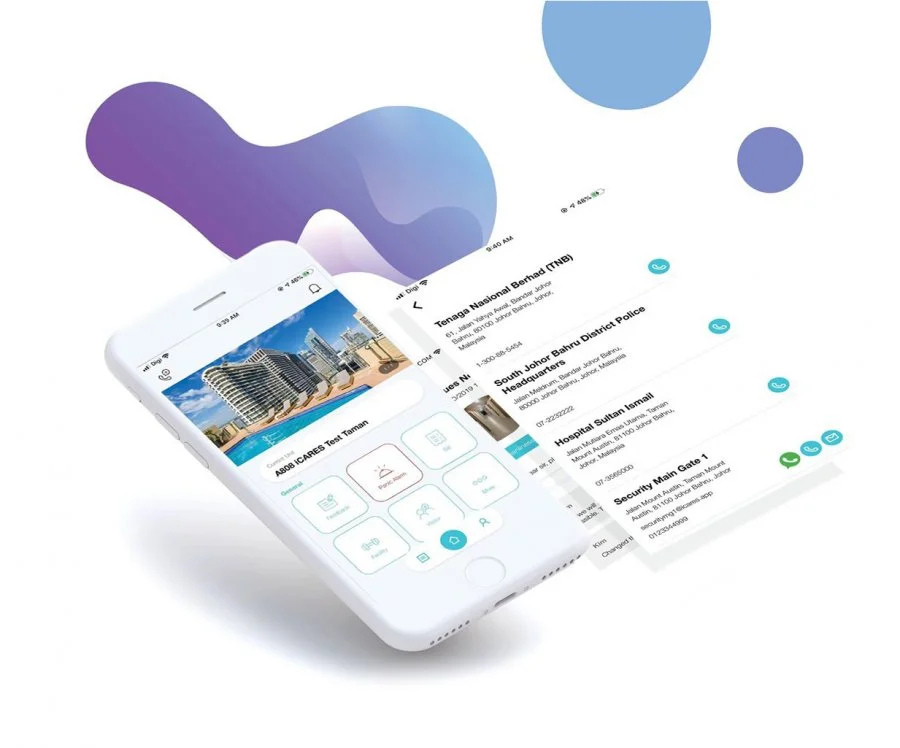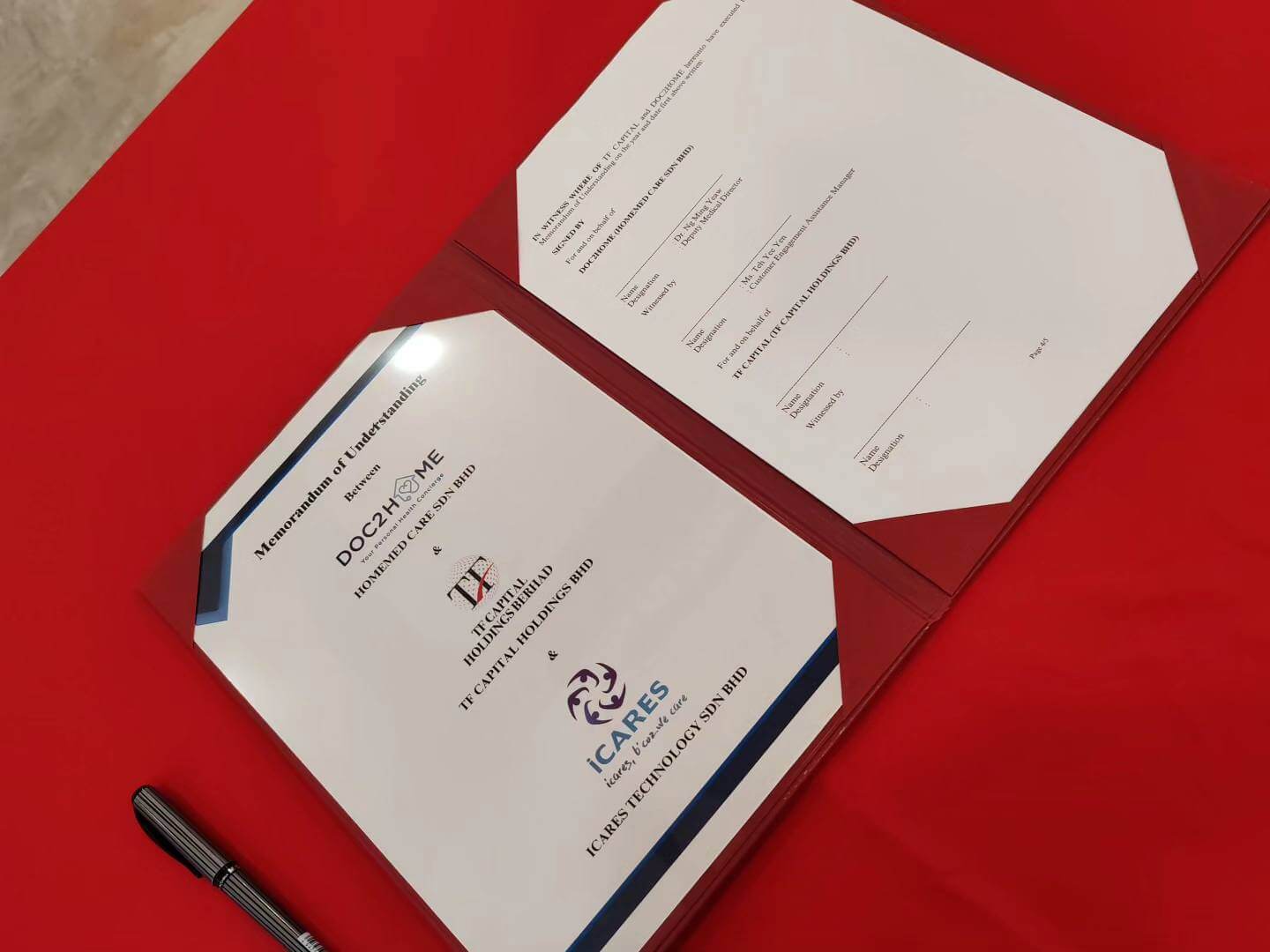Android and Apple's iOS are two widely used mobile operating systems that differ significantly from each other. Android, based on the Linux kernel, is developed by various organizations including the Open Handset Alliance and Google. It is designed for touchscreen devices like smartphones and tablets and has a large global user base.
On the other hand, iOS is created by Apple Inc. and is primarily used on their flagship devices like iPhones and iPods. It is the second most popular operating system worldwide, following Android.
In this blog, we will highlight the key differences between Android and iOS to determine which one is better.
Here's a summarized comparison of Android vs. iOS based on distinguishing features:
Development Tools:
Android uses Android Studio, preferred for its debugging and deployment capabilities. iOS developers use Xcode, which aids in identifying syntax and logic errors.
Speed of Deployment:
Android apps are quickly assessed through the Play Store, while iOS apps require manual review, taking a week or more.
Programming Languages:
Android uses Java and Kotlin, with Kotlin providing improved performance and interoperability.iOS uses Objective-C and Swift, with Swift offering faster program understanding.
Hardware Options:
Android offers a wide range of devices from various manufacturers at different price points. iOS devices are limited to Apple's own products and are typically higher priced.
Interface:
Both have touch-based UIs, but Android allows for more customization with widgets, while iOS focuses on app icons.
Software Upgrades:
iOS devices receive regular and timely updates, while Android updates are slower and device compatibility varies.
Customizability:
Android offers more customization options through launchers and support for third-party app stores. iOS customization is more restricted, with limited options for customization and no support for third-party app stores.
Privacy & Security:
iOS prioritizes privacy and security with frequent updates, making it more resistant to hacking attempts. Android's open architecture and lower patch frequency make it more vulnerable to malware and data breaches.
Voice Assistants:
Google Assistant on Android offers AI-powered voice assistance with ongoing improvements. Siri on iOS has improved over time, combining multiple requests into single commands in iOS 12.
Device-to-Device Communication:
Apple has a seamless ecosystem with better integration across devices, while Android offers connectivity through Windows 10.
Business Specifications:
Both Android and iOS support popular office suites, but Android is more compatible with Windows 10.
Online Payments:
iOS has a larger user base for online mobile payments with Apple Pay, while Android uses Google Wallet. Bloatware & Included Applications: Android comes with pre-installed third-party apps, whereas iOS does not include any bloatware.
Ecosystem of Apps:
iOS historically had app releases first, but now important apps are also emerging first on Android. Android allows installation from non-Google app stores, while iOS requires app installation from the device itself.
Parental Control:
iOS has robust built-in parental controls through Screen Time, while Android relies on third-party options.
Gaming, Virtual Reality, and Augmented Reality: Both Android and iOS have invested in gaming and VR/AR capabilities, with subscription services available.
Accessibility:
Both operating systems offer accessibility features for individuals with disabilities, with Android's Live Transcription and Apple's VoiceOver being notable.
Technology Support:
Android tends to implement new wireless technology standards faster, while Apple waits for proven usefulness and reliability.
In summary, Android offers more hardware options, customization, and flexibility, while iOS focuses on privacy, security, and a seamless ecosystem. The choice between Android and iOS depends on individual preferences and needs.





